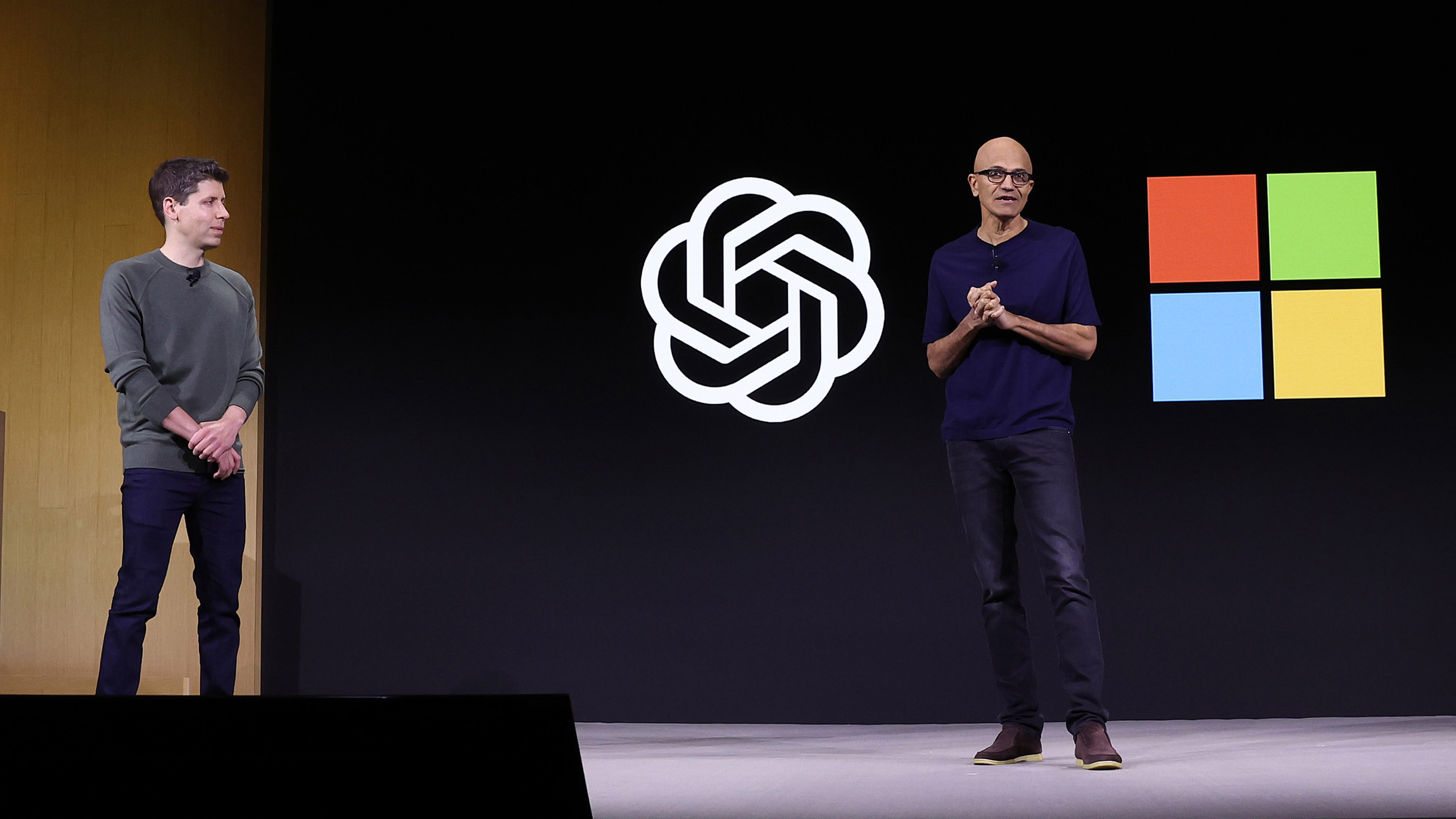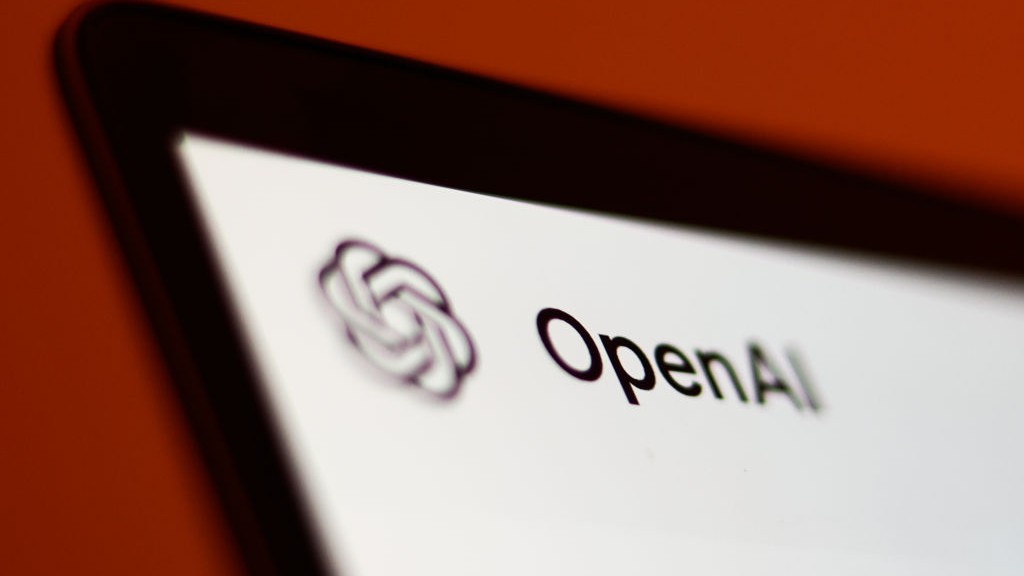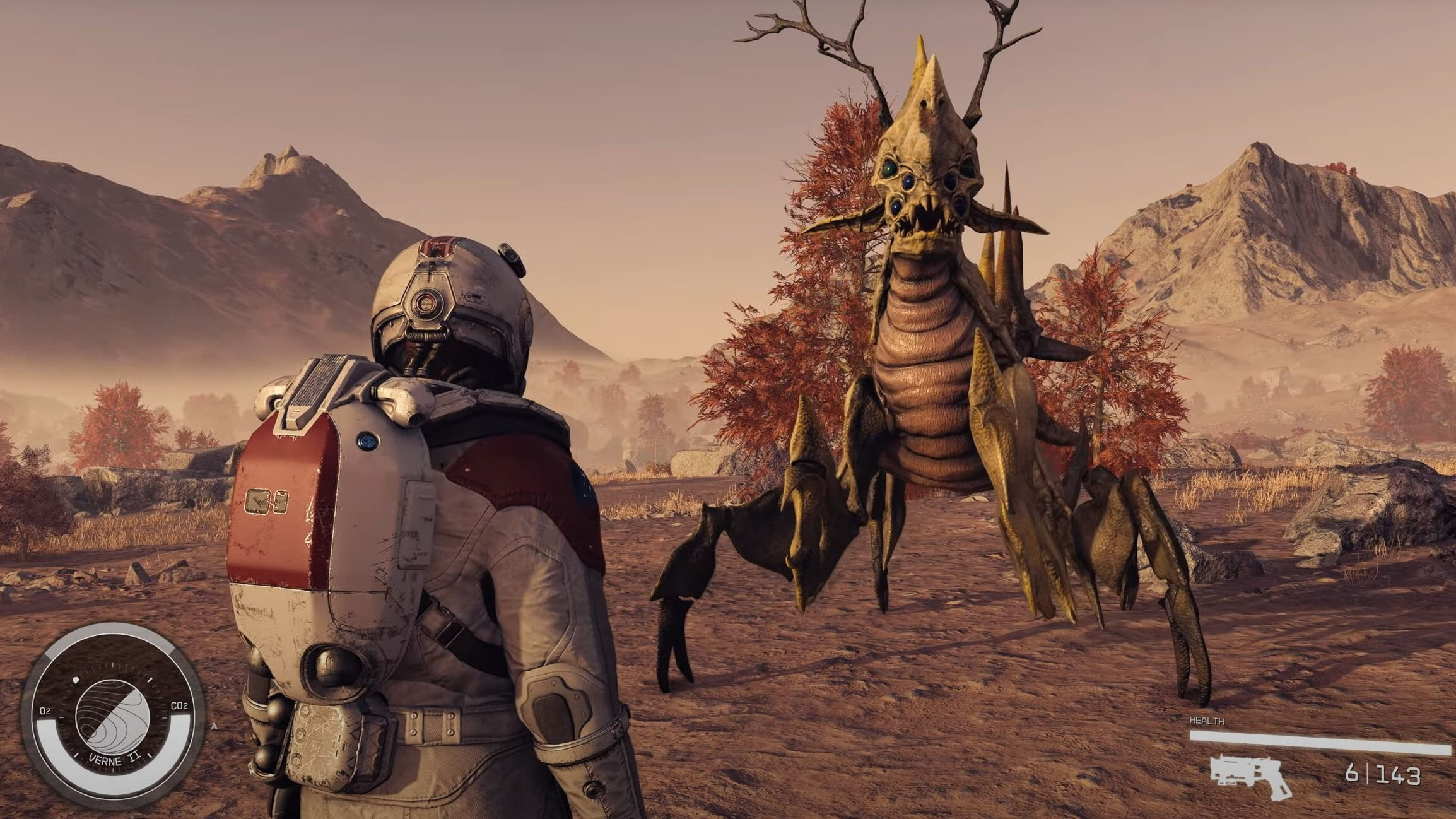“Microsoft could be left behind if it is only using OpenAI technologies. It is a real race — and OpenAI may not win it”: Has the 'best bromance in tech' worth billions of dollars in investment run its course?
Microsoft's complicated partnership with OpenAI continues to strain amid bankruptcy and instability claims.

What you need to know
- A new report suggests Microsoft's partnership with OpenAI could be "fraying."
- The companies have reportedly disagreed over their initial exclusive deal, which has potentially left OpenAI with the shorter end of the stick, spending large sums of money on computing power that barely meets the requirements for its AI advances.
- OpenAI staffers say it'll be Microsoft's fault if another AI startup hits the AGI benchmark before the ChatGPT maker because of its insufficient computing power supply.
Microsoft and OpenAI's partnership is arguably "the best bromance in tech." The Redmond giant has heavily invested in the ChatGPT maker and integrated its cutting-edge AI technology across its tech stack.
However, things changed when OpenAI's board of directors abruptly ousted Sam Altman as CEO last November. He was reinstated as CEO following an outcry from staffers claiming "OpenAI is nothing without its people." Microsoft has seemingly taken a back step and could be reevaluating its investment and partnership with the AI startup firm.
Over the past few months, reports emerged indicating OpenAI was on the verge of bankruptcy, with projections of a $5 billion loss within the next few months. However, Microsoft, NVIDIA, Thrive Capital, and other key investors extended the firm's lifeline through another funding after raising $6.6 billion, which pushed its market valuation to $157 billion.
Still, market analysts and experts predict OpenAI will burn through wads of cash chasing AI advances, making $44 billion in losses before seeing a profit in 2029. They further predict Microsoft could potentially acquire OpenAI within three years as the AI hype continues to fade and investors lose interest in the category, prompting them to channel money elsewhere.
Incidentally, investors have already raised concerns over Microsoft's spending on AI advances, citing difficulty in identifying a clear and reliable business strategy to generate profit. However, a separate report indicates OpenAI could potentially become the world's dominant AI company, worth trillions of dollars.
Microsoft's partnership with OpenAI has never been more complicated...
The New York Times reports that OpenAI's exorbitant computing power and funding demand has strained its partnership with Microsoft. This demonstrates key bottlenecks emerging startups face when chasing the AI hype, including an overreliance and dependence on cloud computing resources from key players in the industry like Microsoft and Amazon.
However, as part of Microsoft's five-year deal with OpenAI, the ChatGPT maker exclusively agreed to leverage Microsoft's computing power and work closely with the company on new AI advances.
All the latest news, reviews, and guides for Windows and Xbox diehards.
Interestingly, Microsoft and OpenAI partnered on a new project dubbed Stargate, setting aside $100 billion to free themselves from the shackles and overreliance on NVIDIA for AI chips.
OpenAI has reportedly been trying to renegotiate its initial deal with Microsoft, perhaps for more computing power at a significantly lower rate. Top Microsoft executives have also raised concern over the tech giant's overreliance and dependence on OpenAI for its AI tech and smarts.
Microsoft reportedly made an exception to its exclusive deal with OpenAI, allowing it to sign a $10 billion computing deal with Oracle for its cloud computing needs. According to sources, Oracle provides computers with in-built chips for building AI, while Microsoft offers the software to run the hardware.
According to OpenAI CEO Sam Altman:
"We’re deeply grateful for our partnership with Microsoft; the early big bet they took on us and the vast compute resources they’ve provided have been essential to our research breakthroughs, benefiting both companies greatly. We are excited and committed to pursuing our shared vision and achieving even greater things together far into the future.”
Despite the concern shared by Microsoft executives, Chief Technology Officer (CTO) Kevin Scott:
“We have continued to invest in OpenAI at many discrete points in the partnership. We are certainly the very largest investor of capital in them.”
Microsoft officially listed OpenAI as a competitor in AI and search. It has also hired high-profile from rival AI firms, including former Inflection CEO and co-founder Mustafa Suleyman who now leads Microsoft's AI operations. Suleyman's presence at Microsoft reportedly doesn't sit well with OpenAI staffers, including CEO Sam Altman.
According to some OpenAI staffers, Microsoft's AI head reportedly lost his cool during a video call, highlighting his frustrations over OpenAI not shipping new products and tech to Microsoft quickly. There are also reports that Microsoft engineers downloaded crucial OpenAI software without following the protocol in their agreement.
Earlier this year, Microsoft insiders shared their concerns about Microsoft and OpenAI's partnership, citing it has seemingly turned into an overnight "glorified IT department for the hot startup." A former Microsoft executive alleged the partnership between OpenAI and Microsoft has led to the death of products like Azure Cognitive Search, Azure AI Bot Service, and Kinect DK.
According to Gil Luria, an analyst at investment bank D.A. Davidson:
“Microsoft could be left behind if it is only using OpenAI technologies. It is a real race — and OpenAI may not win it.”
Microsoft and OpenAI have reportedly made a couple of tweaks to the initial deal, but intricate details on the changes remain slim at best. However, Microsoft execs are reportedly happy about the changes.
On the other hand, OpenAI is seemingly left between a rock and a hard place, coughing large amounts of money for Microsoft's computing power. OpenAI staffers have reportedly indicated that if another AI startup hits the AGI benchmark before it does, it'll attribute the setback to Microsoft not providing sufficient computing power to facilitate its sophisticated advances.
In the interim, the ChatGPT maker is reportedly seeking to broaden its list of investors to secure additional funding for its AI advances and cloud computing needs. Apple, NVIDIA, and MGX are at the top of this list — Apple for its vast resources and NVIDIA for its AI chips.
Interestingly, Apple was initially supposed to be part of OpenAI's just-concluded funding round but slipped out at the eleventh hour for unspecified reasons. OpenAI is also under pressure to transform into a for-profit venture in the next two years or risk returning the money raised by investors. Experts predict the move could spark regulator scrutiny on top of rejection from staffers and key stakeholders. The firm is already under fire from Elon Musk over a stark betrayal of its founding mission and alleged involvement in racketeering activities.
🎃The best early Black Friday deals🦃
- 📺Amazon Fire TV Stick | $24.99 at Amazon (Save $25!)
- 💻Lenovo IdeaPad 1 (Ryzen 5) | $329.99 at Best Buy (Save $250!)
- 📺Samsung QLED 4K TV (65-inches) | $1,379.99 at Walmart (Save $1,421!)
- 💻Samsung Galaxy Book4 Edge (X Elite) | $799.99 at Best Buy (Save $550!)
- 🔊2.1ch Soundbar (Wired & Wireless) | $44.99 at Walmart (Save $155!)
- 💻Dell XPS 13 (X Elite) | $999.99 at Best Buy (Save $500!)
- 🎧Sony ANC Wireless Headphones | $238.66 at Walmart (Save $109!)
- 💻Dell XPS 14 (Core Ultra 7) | $1,449.99 at Dell (Save $550!)
- 💻HP Envy 2-in-1 14 (Ryzen 7) | $649.99 at Best Buy (Save $400!)
- 💻HP Spectre x360 14 (Core Ultra 5) | $999.99 at HP (Save $450!)

Kevin Okemwa is a seasoned tech journalist based in Nairobi, Kenya with lots of experience covering the latest trends and developments in the industry at Windows Central. With a passion for innovation and a keen eye for detail, he has written for leading publications such as OnMSFT, MakeUseOf, and Windows Report, providing insightful analysis and breaking news on everything revolving around the Microsoft ecosystem. While AFK and not busy following the ever-emerging trends in tech, you can find him exploring the world or listening to music.

